
A Brief History of Time
The Updated and Expanded 10th Anniversary Edition
First Edition: 1987 подробнее...
ISBN: 9780553380163
Pages: 176
Recommendation
The image of wheelchair-bound Stephen Hawking expounding on the exotic realities of a vast universe has become so indelibly etched into popular culture that it's easy to forget that Hawking achieved a spot in the ranks of history's great thinkers long before he became a scientific icon. It isn't every day that you get to read a book whose author helped to shape his field in a fundamental way. Even though he is considered the most brilliant theoretical physicist since Albert Einstein, Hawking has managed to produce an accessible and enjoyable book that can be understood by laymen as well as scientists. getAbstract recommends this classic not only for its masterly explanation of the workings of the universe, but also for its studied examination of what new discoveries mean for common man, philosophy and religion.
Summary
About the Author
It is one of the ironic footnotes to history that Stephen Hawking, who has done so much to popularize the physical sciences, was born in 1942 on the anniversary of the death of Galileo Galilei. He held the Isaac Newton chair as Lucasian Professor of Mathematics at the University of Cambridge and was generally considered to be the most brilliant theoretical physicist since Albert Einstein. Hawking passed away on March 14, 2018.








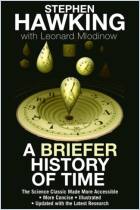
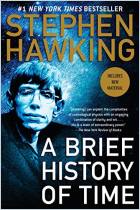
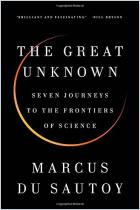
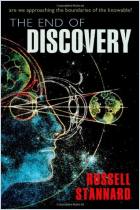
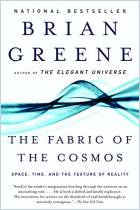

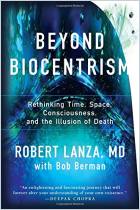

Comment on this summary or Начать обсуждение